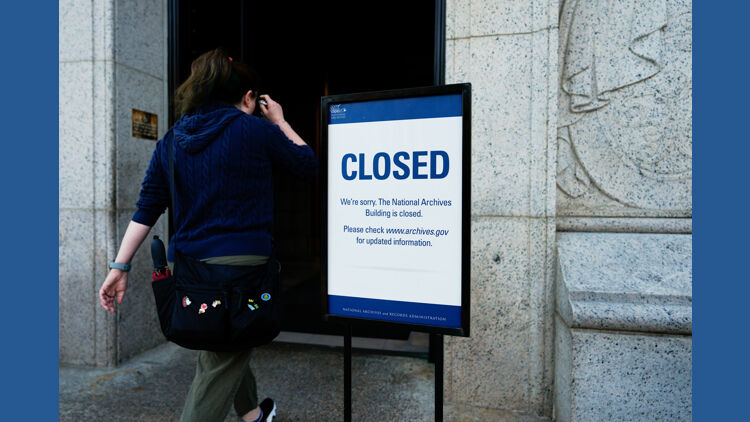Bipartisan bill requiring age verification for adult websites in Colorado postponed until next year
Sponsors of a bipartisan bill requiring age verification to access adult websites have postponed the measure until next year in light of an impending Supreme Court decision on a similar piece of legislation from Texas.
Senate Bill 201, sponsored by Minority Leader Paul Lundeen, R-Colorado Springs, Sen. Lindsey Daugherty, D-Arvada, and Reps. Meghan Lukens, D-Steamboat Springs, and Mandy Lindsay, D-Aurora, would have required websites that regularly produce content deemed harmful to children — defined as representing “sexually explicit nudity, sexual conduct, sexual excitement, or sadomasochistic abuse” — to implement age verification measures.
If passed, Colorado would have been the first Democratic-controlled state to require age verification for adult websites — while nearly two dozen states have similar laws in effect, one in particular is currently being challenged in court.
House Bill 1181, passed by the Texas legislature in 2023, requires websites with one-third or more of their content considered “harmful to minors” to impose age verification checks. The Free Speech Coalition, the trade association for the adult entertainment industry, filed a lawsuit challenging the law in August of 2024, and oral arguments were heard by the Supreme Court early this year. A decision is expected this summer.
Opponents of SB 201 argued that sponsors should wait until the Supreme Court decides on the Texas law to be safe. During a March committee meeting, Michael McReynolds from the Governor’s Office of Information Technology said the Polis administration opposed the bill due to privacy concerns and the potential for a costly legal battle.
“We acknowledge the good intentions of the sponsors; however, we believe that the serious risk to privacy, free speech, and the potential costs of litigation outweigh the potential benefits,” McReynolds told the Senate Health & Human Services Committee.
The bill passed through the committee on an 8-1 vote, but the sponsors explained they would postpone it until the next session due to the upcoming Supreme Court decision and the Governor’s apprehensions.
“The Governor has expressed concerns with the legislation related to the pending Supreme Court ruling in Free Speech Coalition v. Paxton, amongst other things,” said Daugherty. “While we are confident that this bill has a path forward through the legislature, conditions are such that it doesn’t make sense to move it through the process this year. The court decision anticipated this summer can help to address any concerns related to constitutionality. This bill is about protecting children. We are not banning pornography, and we are not restricting an adult’s access to legal content. We are simply providing the means to enforce laws that already exist.”
According to a release from the Senate Democrats, sponsors plan to continue to work with the Governor’s Office, advocacy groups, and industry stakeholders to craft a policy that is “legally sound, effective, and inclusive” when the bill is reintroduced during the 2026 session.
Read more about SB 201 here.











